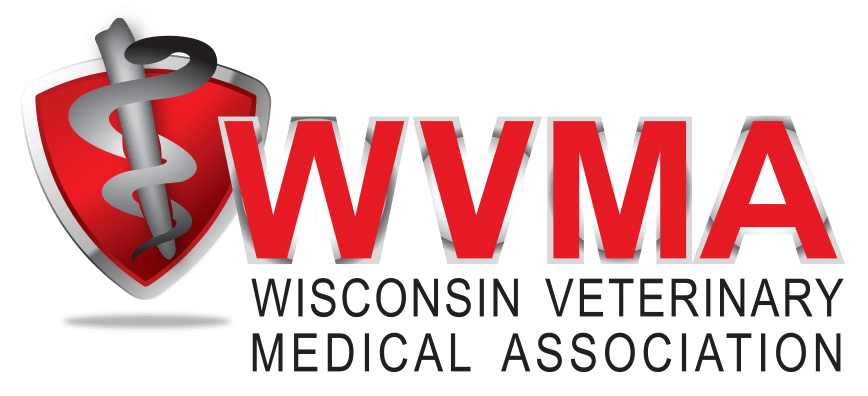By Peggy Schmidt, DVM, MS, DACVPM, Associate Dean for Professional Programs, University of Wisconsin School of Veterinary Medicine
The University of Wisconsin School of Veterinary Medicine (UW SVM) wants to make sure its curriculum is relevant for today’s graduates.
As a practicing veterinarian, do you feel new and recent graduates are equipped with the skills needed to be successful? Are there areas of expertise that are lacking among young veterinary professionals?
The UW SVM wants to hear from you. Please take 10-25 minutes to complete this survey. Identify key performance expectations for new graduates entering clinical veterinary practice. A link to the survey can also be found at wvma.org/resources.
The survey was developed by the PREPARE Graduates Task Force, a collaborative team of UW SVM faculty, staff, students and alumni formed to review and revise the SVMs curriculum to ensure it is meeting the current needs of the profession. It is designed to identify key procedures or activities graduates would be expected to perform independently or with minimal indirect supervision. It includes procedures in the areas of companion animal, equine, food animal (bovine) and special species general practice, as well as expectations in communication, collaboration and business practices.
The survey is part of a larger initiative to update and improve curricula in accredited veterinary schools. Recently, the American Association of Veterinary Medical Colleges created an expanded competency-based veterinary education (CBVE) framework to include 32 competencies within nine defined domains of competence. The 32 competencies are associated with the necessary knowledge, skills and abilities expected of entry-level veterinary graduates. Learn more about the CBVE framework.
Survey data will be used to ensure the DVM curriculum meets the ongoing needs of the veterinary profession. All information will be treated as confidential, and no information will be used in any way that could reasonably be expected to identify individual persons, practices or organizations.
The deadline to complete the survey is May 15.
